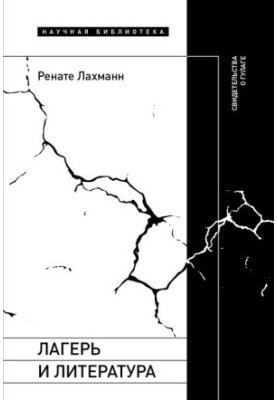Camp and Literature
 Instant download
Instant download
after payment (24/7)
 Wide range of formats
Wide range of formats
(for all gadgets)
 Full book
Full book
(including for Apple and Android)
One of the main consequences of the gulag is the loss of the usual humanistic and cultural orientations, the inconsistency of the former categories of thought and speech with the new circumstances of the disaster. Autobiographies, diaries and stories of survivors seek to translate this physical and psychological experience of suffering into the language of literature, but repeatedly face various difficulties. The book by Renate Lachmann offers a literary analysis of a large-scale body of witness texts about the Gulag: from Evgenia Ginzburg, Alexander Solzhenitsyn and Varlam Shalamov to Yuli Margolin and Karl Steiner .. The camp theme is also considered in the work of writers of later generations, in particular Danilo Kia and Olivier Rollen ....... On what formal principles is the poetics of camp writing based? What is the ratio of documentary and artistic in these texts? And what knowledge about man and humanity seeks to reveal to us this literary tradition? In search of answers to these questions, the author offers his reading of famous camp texts, He also gave the word to the victims of the Gulag ...... [ Renate Lachmann Slavist, cultural historian, author of the book “Discourses of the fantastic”, published by the publishing house “UFO”
LF/77075725/R
Data sheet
- Name of the Author
- Ренате Лахманн
- Language
- Russian















